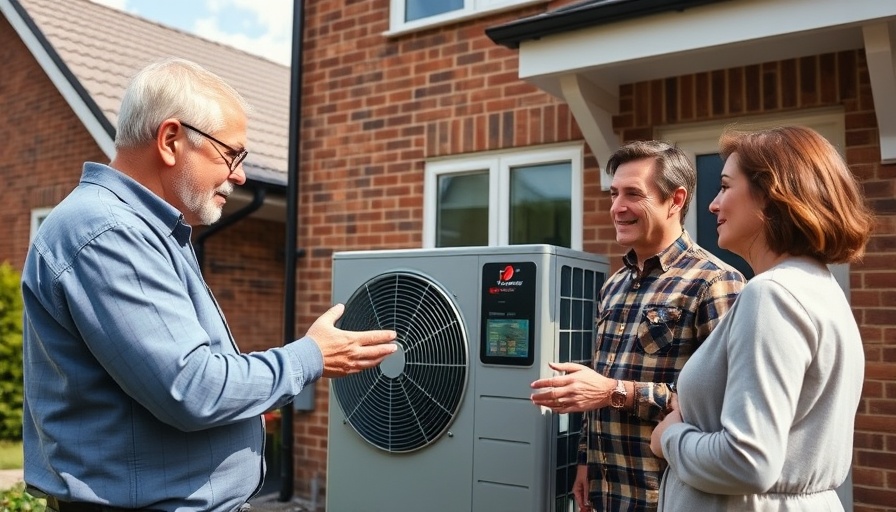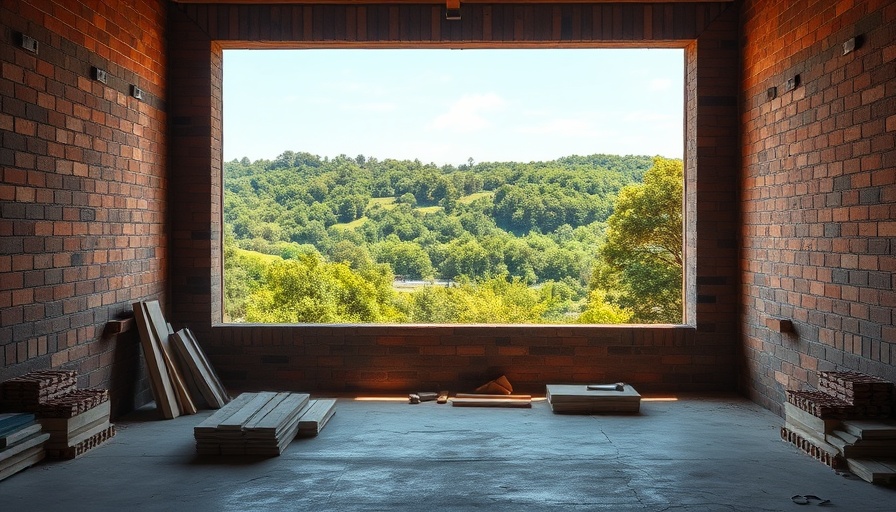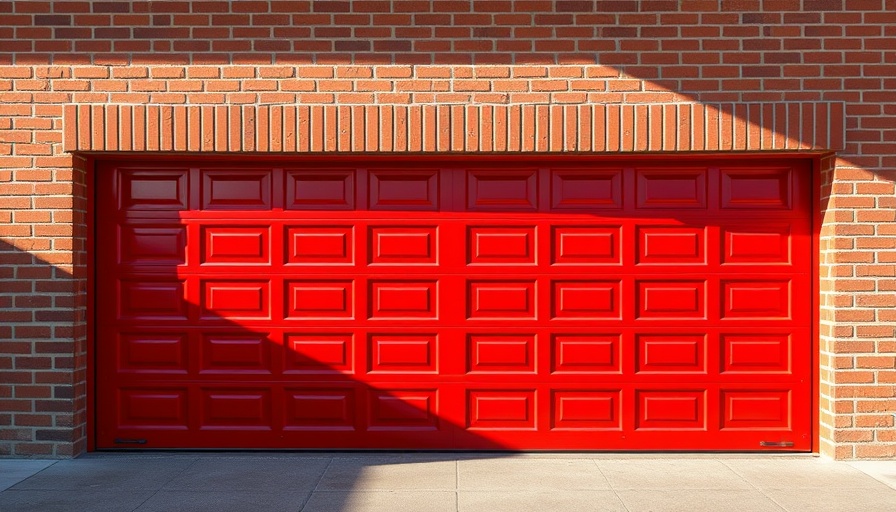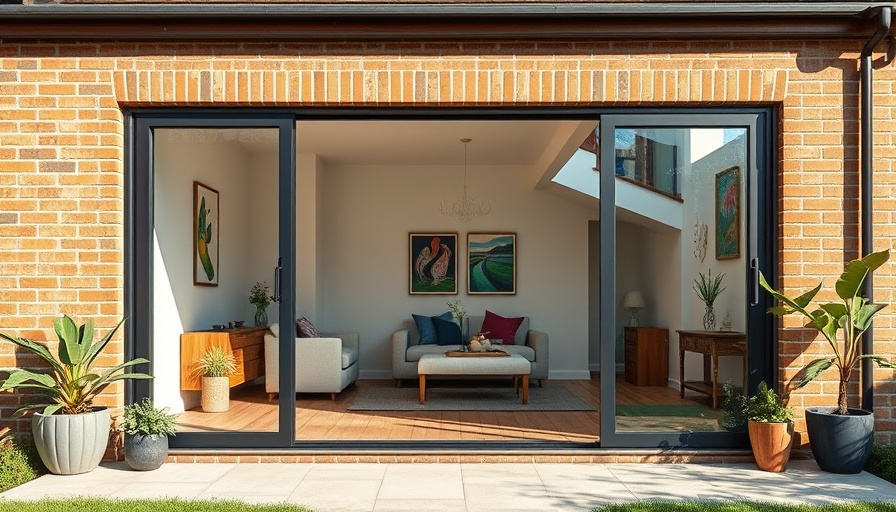
Are Heat Pumps Worth It? Understanding the Shift to Energy Efficiency
As the conversation around sustainable living gains traction, homeowners are often left grappling with the question: are heat pumps worth it? Energy expert David Hilton provides a detailed perspective on this emerging technology, especially for Virginia homeowners contemplating significant upgrades to their heating systems. Let's delve into the three pivotal factors that influence this decision, framing the conversation within the broader context of home improvements and energy efficiency.
The Cost vs. Value Equation
One of the most immediate considerations for homeowners is the expense associated with installing a heat pump. Typically, the initial investment may exceed that of a traditional boiler replacement, making it essential to carefully evaluate the long-term savings on energy bills and maintenance costs. Systems may require additional modifications, such as upgrading existing emitters like radiators, which can escalate costs. However, financial incentives from state programs aimed at promoting energy-efficient home upgrades can alleviate some of this burden. Understanding these aspects empowers homeowners to make informed financial decisions that balance upfront costs with future savings.
Long-Term Environmental Benefits
While the initial costs of heat pumps might cause hesitation, homeowners should consider the long-term benefits these systems offer to the environment. Implementing energy-efficient technologies aligns with broader sustainability goals, especially when it results in a significant reduction in carbon footprints. For homeowners in Virginia, where seasonal temperatures can vary, heat pumps provide an eco-friendly solution that operates efficiently year-round. Eligible homeowners may find that making a switch not only feels good ethically but can also be attractive from a regulatory perspective, contributing to national goals for reduced greenhouse gas emissions.
Compatibility and Upgrades Needed
Another significant factor in deciding on heat pump installation is assessing home compatibility. Heat pumps may necessitate adjustments such as system upgrades or expansions, whether it be through adding insulation or modifying existing heating systems. Understanding potential expansion projects, like a garage conversion or attic finishing, can play into this decision. Homeowners should consider how adding energy-efficient features aligns with their overall home improvement goals, which often include domestic expansion. This assessment ensures that the investment in a heat pump complements other energy-efficient home additions they may be considering, enhancing both comfort and value.
Conclusions and Future Considerations
Ultimately, the decision on whether to invest in a heat pump revolves around weighing immediate costs against long-term benefits, environmental impact, and compatibility with home systems. Each of these factors plays a critical role in informing homeowners' choices and guiding them through the complexities of upgrading their homes. As energy efficiency continues to rise in significance, embracing key innovations like heat pumps may not only serve personal comfort but also reflect a more sustainable future.
By continually engaging with expert opinions and industry trends, homeowners in Virginia can make well-rounded decisions that optimize both their living spaces and their environmental footprint. With these insights, the path forward may seem clearer.
Take Action: Explore Your Options
Are you ready to explore how heat pumps could potentially benefit your home while contributing to energy efficiency? Consider consulting professionals on home addition plans and energy-saving options that will not only fulfill your immediate needs but also enhance your living environment sustainably.
 Add Row
Add Row  Add Element
Add Element 


 Add Row
Add Row  Add
Add 

Write A Comment